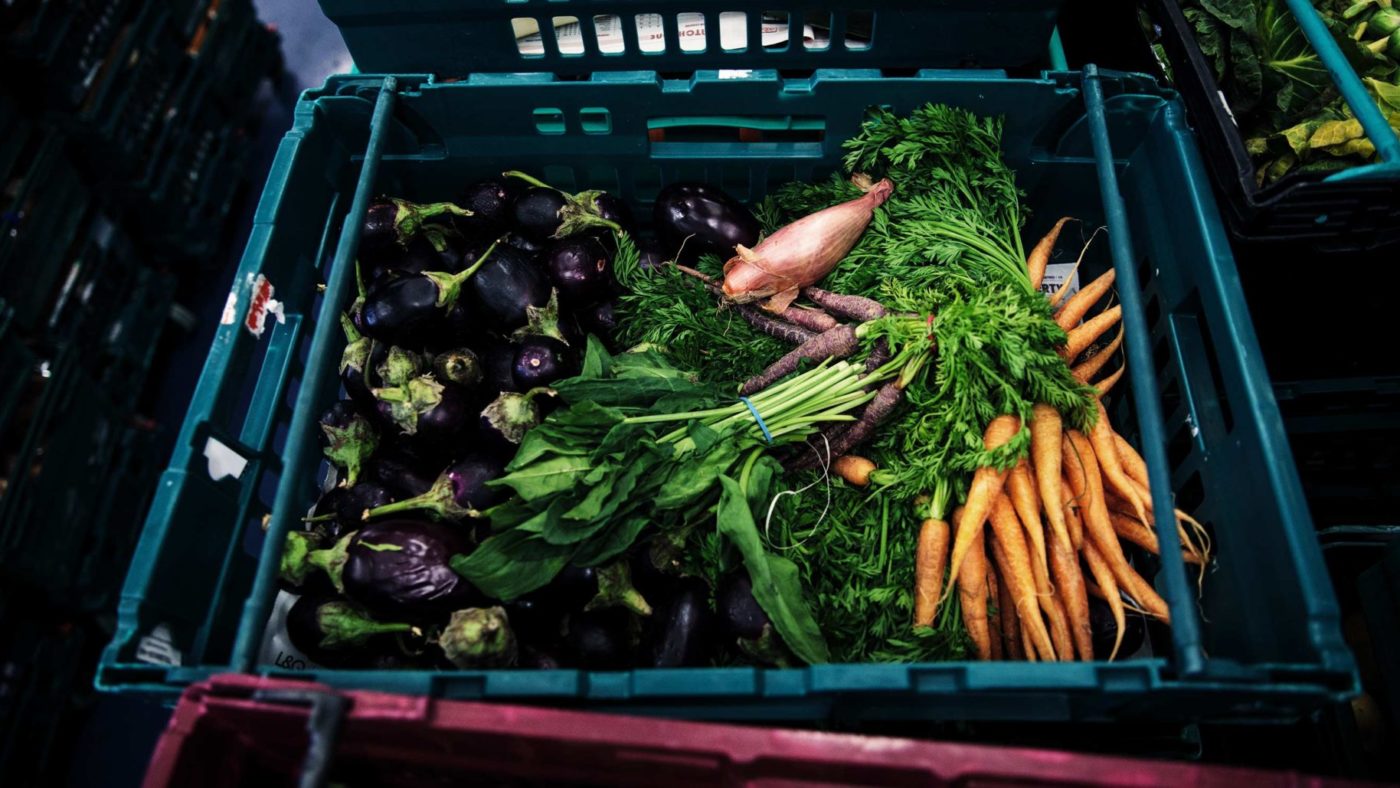The Government has just announced its new Obesity Strategy with a number of policies designed to promote healthier lifestyles, provide advice on weight loss and offer weight management programmes on the NHS. What is still missing, though, is a strategy to teach people to cook healthy, nutritious meals for themselves and their families.
Fortunately an excellent model already exists and could do enormous good if given the backing it deserves.
The Community Shop was established in 2013 to tackle the twin challenges of food poverty and food waste by providing low-priced, high-quality surplus food. I first came across their work in 2014 as a parliamentary candidate in Dulwich and West Norwood, and had the privilege of seeing firsthand just how much good the organisation does.
It works by taking surplus in-date food from the food chain (out of date packaging, excess orders and donations from major retailers) to provide meals for those on low incomes. To become members, people must live within a catchment area, receive means-tested benefits and take a four-week course to identify, and then tackle, the barriers stopping them achieving their goals.
It’s pretty well-established that the UK has a food waste problem – Gordon Brown scolded us over a decade ago about it – but the figures are still pretty startling. Around 3.5 million tonnes of food is wasted every year before it even reaches people’s shopping basket, with about 10% of that figure perfectly fit to be eaten.
The Community Group’s own figures are equally arresting: it has helped members save an average of £212 per month on their groceries, and redistributed 25,179 tonnes of surplus food and drink – equivalent to 60 million meals – in 2019 alone. Over 5,000 members have attended the Community Hub’s success plan, with 750 progressing into other forms of learning and development and 542 members have moved into full time work since joining.
Given the dire post-Covid economic prospectus and the signs of increased food poverty we’re already seeing (the Trussell Trust said record numbers used food banks in April), along with our long-standing problem with obesity, the need for organisations like the Community Group has never been more urgent.
It’s all very well simply telling people to be more responsible about their diet, but we should acknowledge the obstacles facing the poorest in our society. It’s more difficult to bulk buy when one is counting the pennies and it’s far easier to access cheap, unhealthy food than nutritious food. Indeed, a House of Lords report found that healthy food is roughly three times more expensive, calorie for calorie, than less healthy alternatives.
So, what is to be done?
For starters, the Government should make a small fund available to Local Authorities in low-income and deprived areas so as to enable them to support the Community Shop Group to expand from the five shops it currently runs (with another opening in September). The Government could also expand the £1.15million fund it made available for businesses and non-profits earlier this year with the aim of changing behaviour in households and the food supply chain.
But it’s not just about Whitehall doling out money. The private sector also has an important role to play. The UK’s big supermarkets have signed a pledge to halve the country’s £20bn annual food waste bill by 2030. Why not combine that target with providing food to the Community Shop Group, scoring a free PR hit in the process?
There’s a fantastic model out there, and expanding its reach would not only help people access healthy food, but also stop millions of tonnes of foods heading for landfill – and all at a pretty low cost. So come on, Boris, take the chance to give a helping hand – missing this opportunity would be a criminal waste.
Click here to subscribe to our daily briefing – the best pieces from CapX and across the web.
CapX depends on the generosity of its readers. If you value what we do, please consider making a donation.


